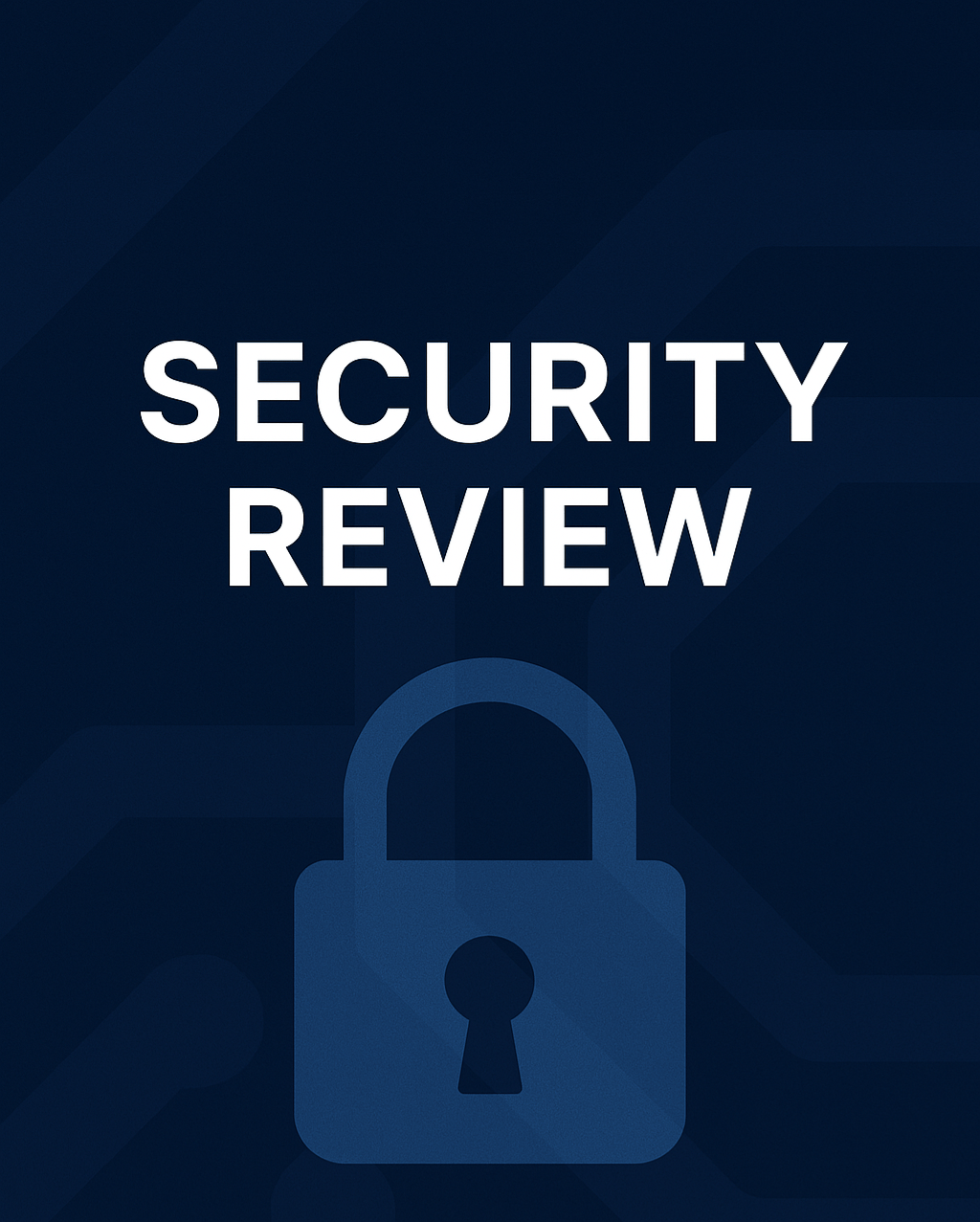As a parent, one of your top priorities is keeping your kids safe. Almost all kids in these days have online presence, this means you should not only protecting them in the physical world but also in the virtual one. With hackers and online threats becoming increasingly prevalent and dangerous , it’s crucial to educate yourself and your children about cybersecurity and secure online habits. In this blog post, we will discuss some practical tips to help you protect your kids from hackers and online threats.
The Risk of Unaware Kids in Cybersecurity
The vulnerability of children to cyber threats is one of the main concerns. Hackers could target kids as they are often not adequately educated about secure online habits and due to their inherent trust and belief that the world is filled with individuals as innocent as themselves, children can unwittingly fall victim to hackers, jeopardizing their family’s private data and online security. It is crucial for parents to recognize the potential dangers that arise from children’s online presence and take proactive measures to ensure their safety.
Are you experiencing any cyber attack?!
XEye Security cyber emergency team ready to assist you quickly, save your sensitive information and mitigate all the risks.
Educate Yourself and Your Kids about Cybersecurity
Before you can effectively protect your kids from hackers and online threats, it’s essential to educate yourself about cybersecurity. Familiarize yourself with common hacking techniques and the risks associated with social media platforms. Stay updated on the latest cybersecurity news and trends to ensure you are well-informed.
Once you have a good understanding of cybersecurity, it’s time to educate your kids. Explain to them the importance of protecting their personal information and the potential consequences of sharing too much online. Teach them about the dangers of clicking on suspicious links or downloading unknown files. By educating your kids about cybersecurity, you empower them to make smart decisions and protect themselves online.
Privacy – like eating and breathing – is one of life’s basic requirements.
— Katherine Neville
Encourage Secure Online Habits
Following secure online habits is crucial for protecting your kids from hackers and online threats. Here are some habits you should encourage:
1. Use Strong and Unique Passwords
Teach your kids the importance of using strong and unique passwords for all their online accounts. A strong password should be at least eight characters long and include a combination of letters, numbers, and symbols. Encourage them to use a password manager to keep track of their passwords securely.
2. Enable Two-Factor Authentication
Two-factor authentication adds an extra layer of security to your kids’ online accounts. Encourage them to enable this feature whenever possible. Two-factor authentication requires them to provide a second form of verification, such as a fingerprint scan or a unique code sent to their mobile device, in addition to their password.
3. Be Cautious with Social Media
Social media platforms can be a breeding ground for hackers and online threats. Teach your kids to be cautious when sharing personal information on social media. Advise them to adjust their privacy settings to limit who can see their posts, to avoid accepting friend requests from strangers, and to also verify who send them a friend request by checking with you whether they are someone they know or it is a fake account impersonating someone who they know, you should verify by calling that person directly to see if they sent that friend request.
4. Think Before Clicking
Train your kids to think before clicking on any links, especially those received via email or social media messages. Teach them to verify the source of the link and to be skeptical of any suspicious or unsolicited messages. Clicking on malicious links can lead to malware infections or phishing attempts.
5. Regularly Update Software and Devices
Keeping software and devices up to date is essential for maintaining security. Encourage your kids to regularly update their operating systems, web browsers, and apps. These updates often include security patches that address vulnerabilities that hackers may exploit.
Monitor Your Kids’ Online Activities
While it’s important to educate your kids about cybersecurity and encourage secure online habits, it’s equally important to monitor their online activities. Here are some ways you can do that:
1. Set Clear Rules and Boundaries
Establish clear rules and boundaries regarding your kids’ online activities. Let them know what is and isn’t allowed, and set time limits for internet usage. By setting these expectations, you can ensure that your kids understand the importance of responsible online behavior.
2. Keep Computers in Common Areas
Keep computers and other internet-connected devices in common areas of the house where you can easily monitor your kids’ online activities. This way, you can keep an eye on what they are doing and intervene if necessary.
3. Use Parental Control Software
Consider using parental control software to monitor and restrict your kids’ online activities. These tools allow you to block certain websites, set time limits, and track their online behavior. However, it’s important to strike a balance between monitoring and showing that you are respecting their privacy.
4. Have Open and Honest Conversations
Encourage open and honest conversations with your kids about their online experiences. Let them know they can come to you if they encounter any suspicious or uncomfortable situations online. By maintaining open lines of communication, you can address any issues promptly and effectively.
Stay Informed and Adapt
The world of cybersecurity is constantly evolving, and new threats emerge regularly. It’s crucial to stay informed about the latest trends and adapt your strategies accordingly. Keep up with cybersecurity news, attend workshops or webinars, and engage in discussions with other parents to share insights and best practices.
Remember, protecting your kids from hackers and online threats is an ongoing process. By educating yourself and your kids, encouraging secure online habits, monitoring their activities, and staying informed, you can create a safer online environment for your family.
With these tips in mind, you can take proactive steps to protect your kids from hackers and online threats and by fostering a culture of cybersecurity and instilling secure online habits, you empower your kids to navigate the digital world safely. Stay vigilant, stay informed, and stay connected with your kids to ensure their online safety.




